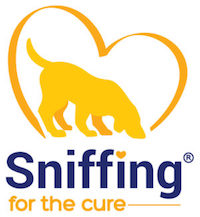The spring season is slowly making an appearance with its warm weather, blue skies, and blooming flowers — but this also means it’s the perfect environment for fleas, ticks, and other parasites to thrive. They are terrible hosts for pets because they cause damage to the skin and carry diseases. These diseases can even be passed to humans. Not only are they harmful, but they also cause itchiness, discomfort, and can cause an infestation.
What to do if Your Dog Has Fleas:
Fleas never arrive in just a few, but rather an infestation. Fleas are smaller than an apple seed and are detected by little black dots on the skin. If your pet has fleas, they arrive as an infestation and contaminate your home and anywhere else the host carries them. It’s important to get fleas treated immediately, to avoid spreading.
Treat your pet with flea medication
There are several medications and shampoos on the market that kill fleas and larvae. Be sure to purchase flea treatment that is designed for your pet’s breed.
Treat your home
If your pet has fleas, it’s extremely likely that your home is infested. It will take time to get the fleas out entirely. Start by washing all the bedding, vacuum constantly, and deep clean your carpet.
Natural flea spray
Use herbal-based flea repellents that are pet-friendly. Based on the type of infestation you may need to call an exterminator.
What to do if Your Dog Has Ticks:
Ticks love to come out to play in the spring and summer months, although we don’t want to play with them. Ticks feed off the blood of mammals and can cause serious diseases (Lyme disease and Rocky Mountain spotted fever). It’s important to remove a tick quickly so that you can avoid these harmful effects.
- Use tweezers to grab the head of the tick. Make sure to get as close to the skin as possible.
- Pull up and make sure not to twist the tweezers while doing so.
- Make sure no parts of the tick are embedded in your pet’s skin.
- Wipe the area with hydrogen peroxide and wash your hands after the removal.
- Dispose of the tick in alcohol in a closed container. If you plan to get the tick tested for diseases, keep it in alcohol.





No Comments